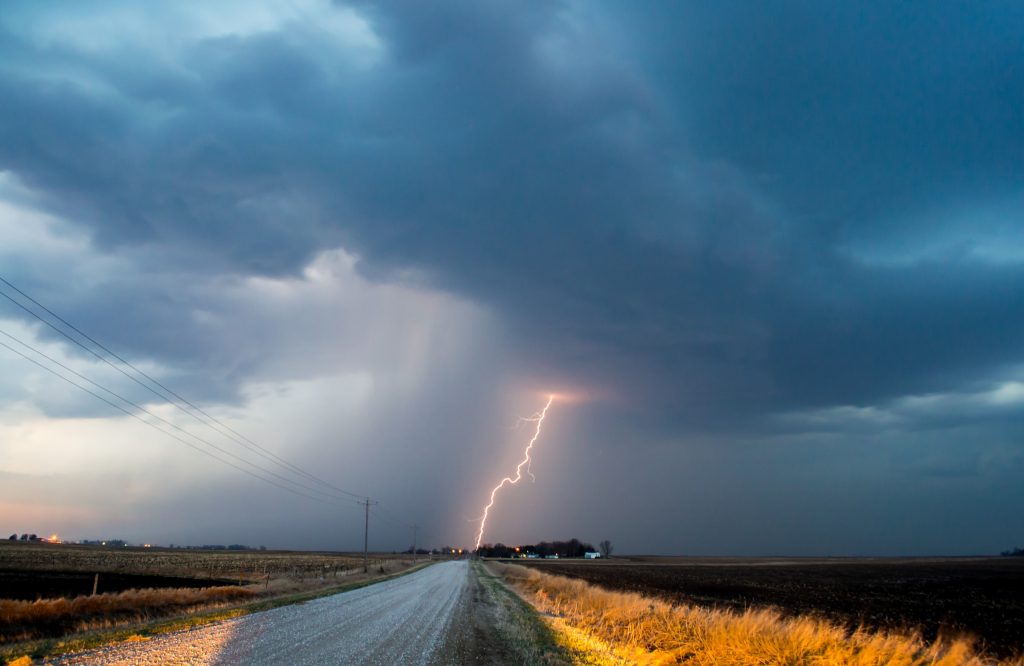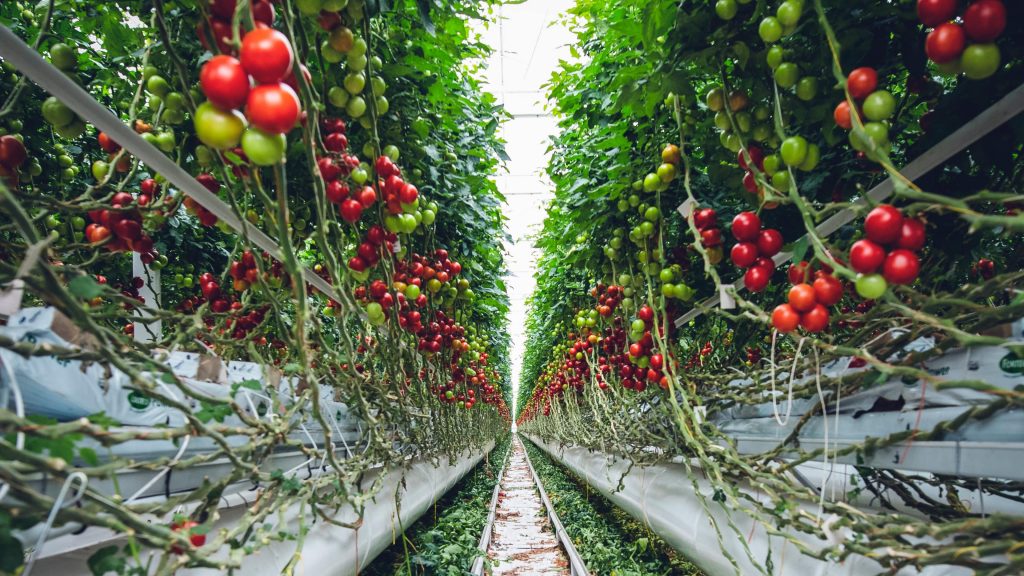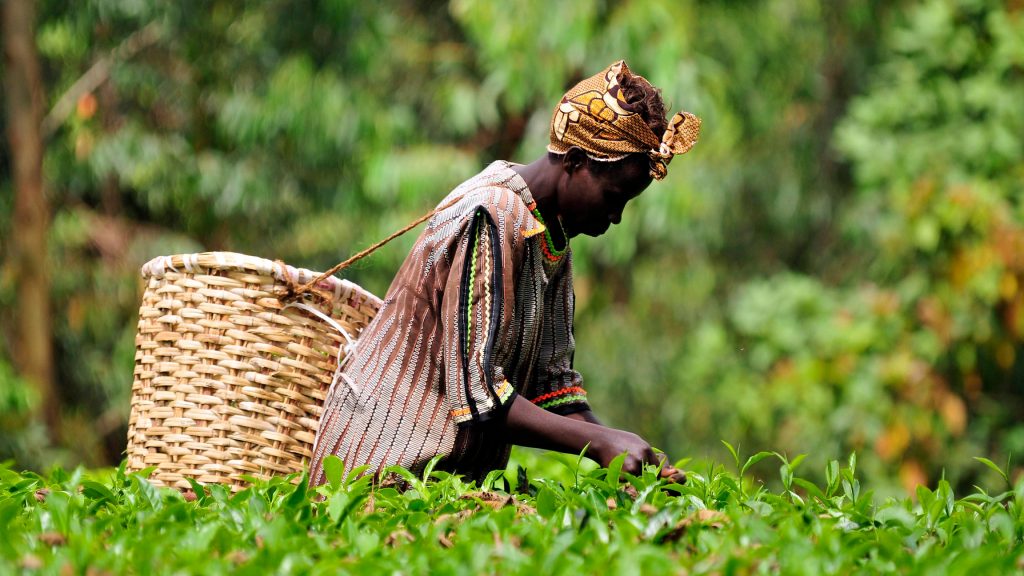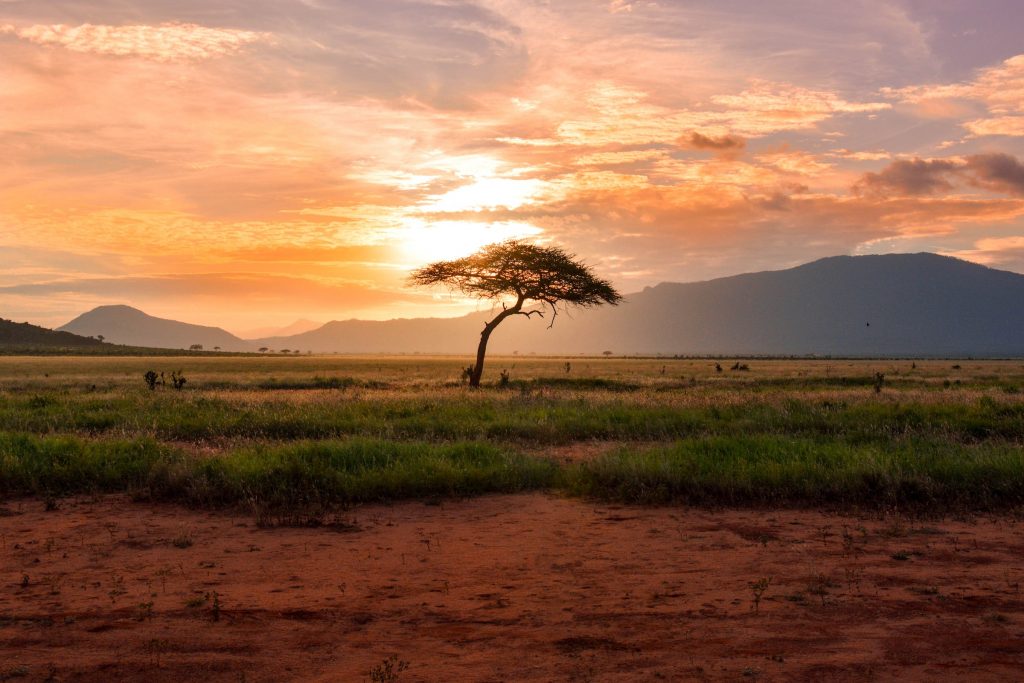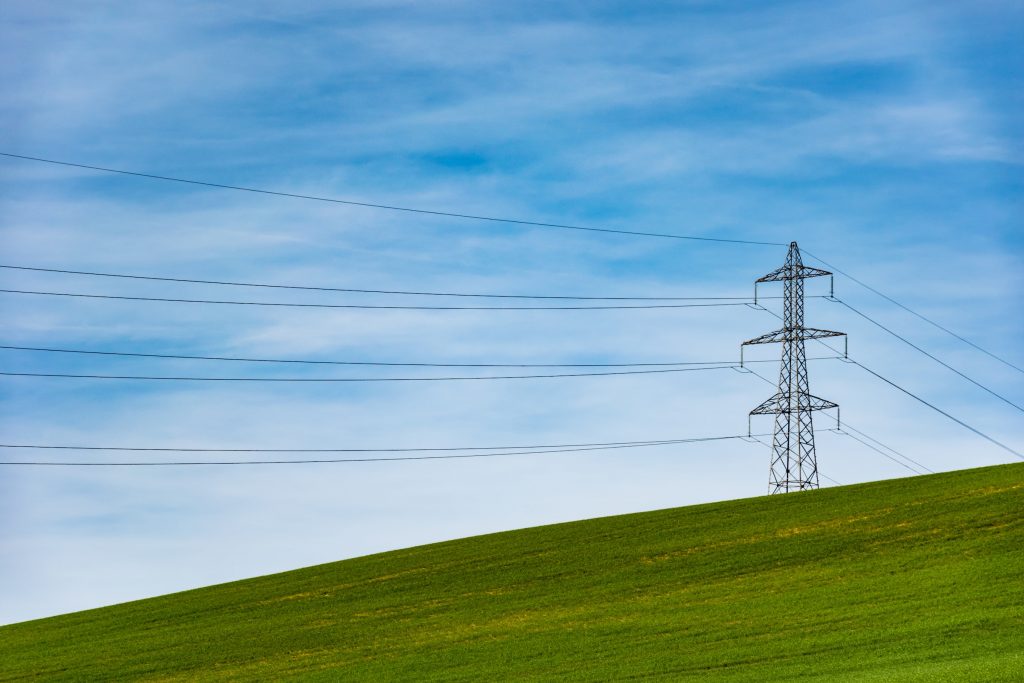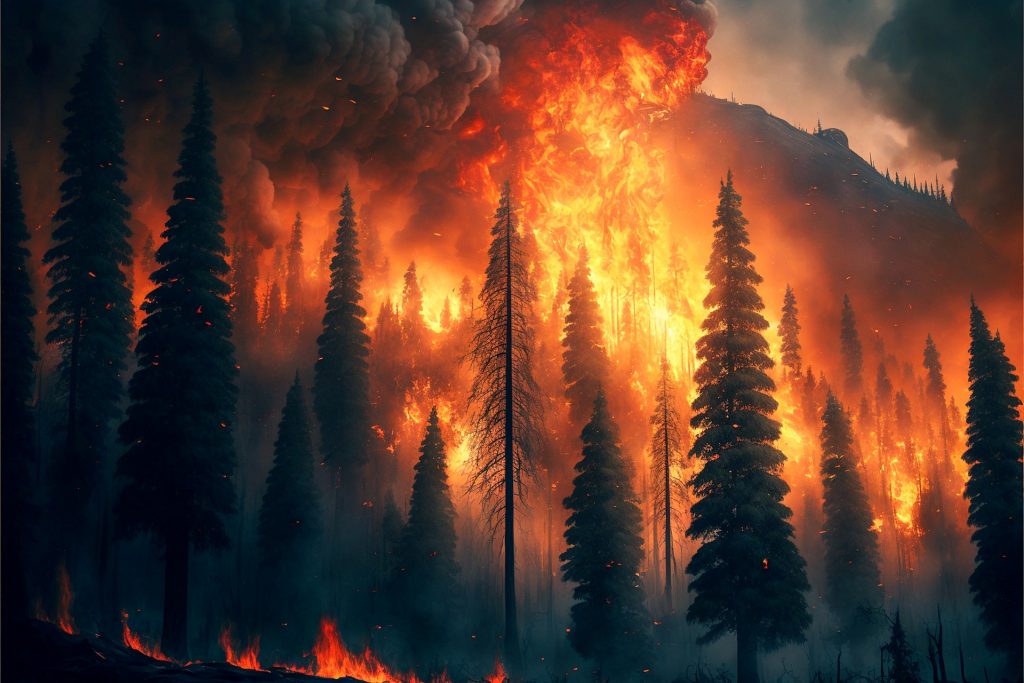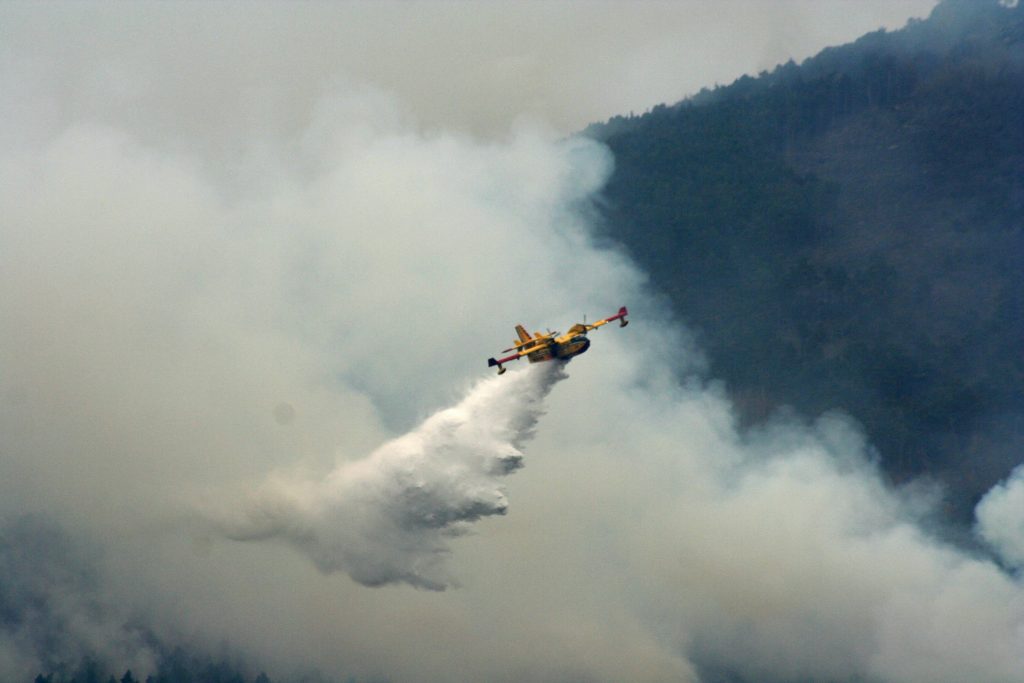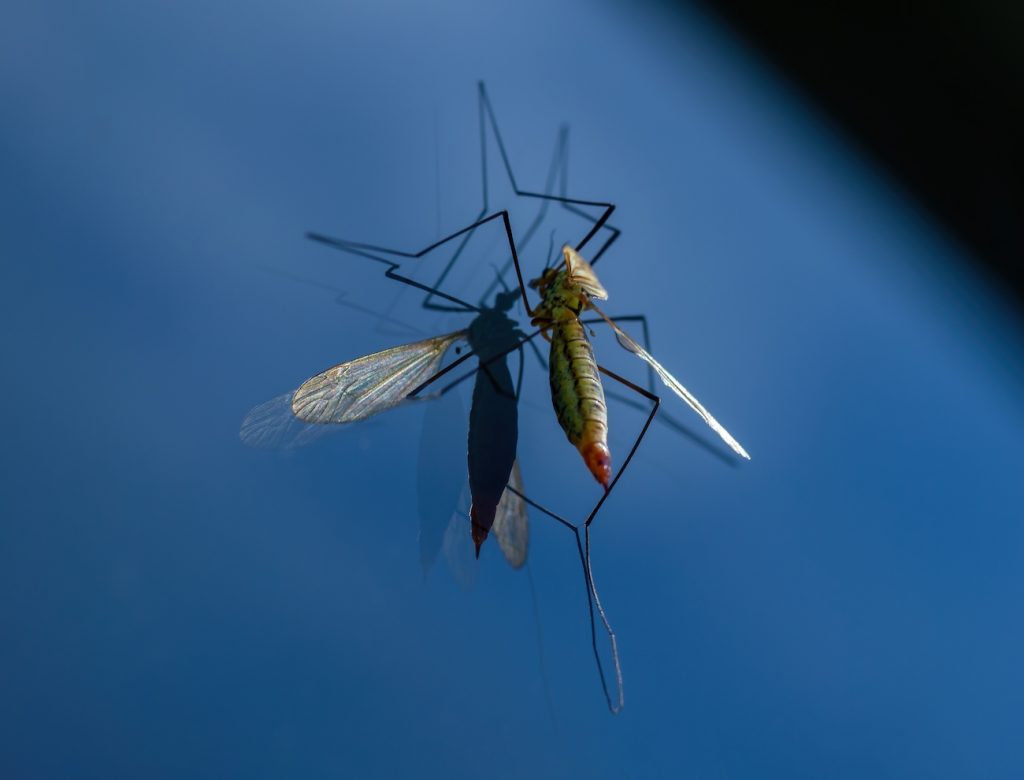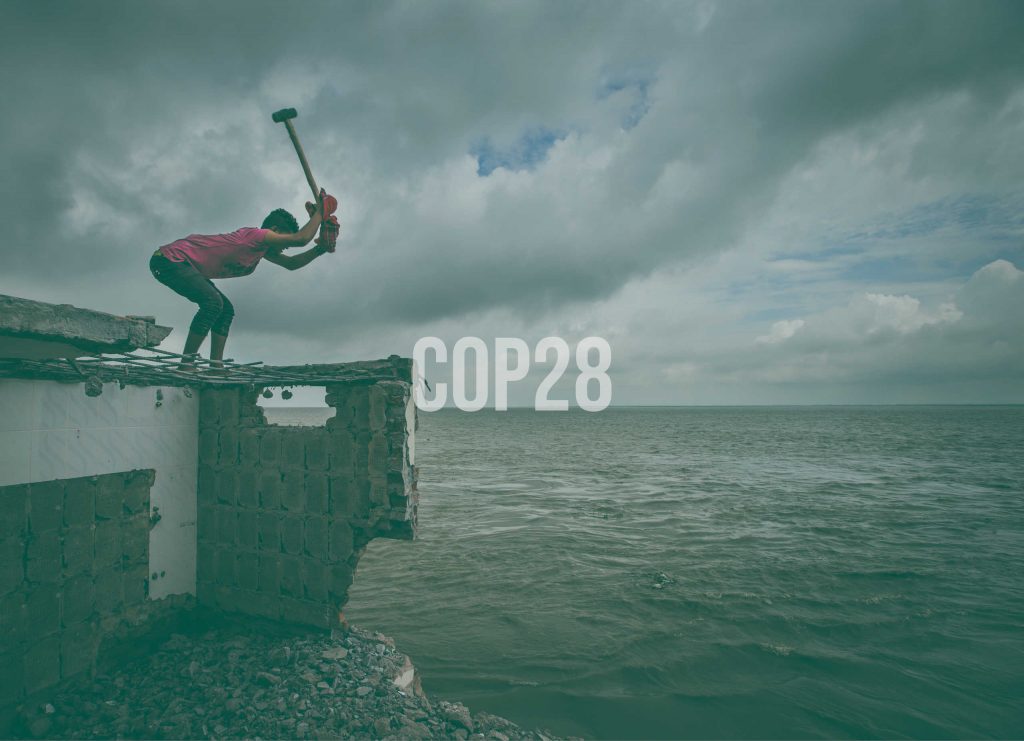
COP28 | NADIA PINARDI. An integrated observing and forecasting system for the global coastal ocean
The impacts of climate change on the ocean are driving more frequent and intense extreme events at our coasts. International initiatives such as the United Nations Early Warning For All and the Global Ocean Observing System’s CoastPredict aim to revolutionize access to improved early warnings.


